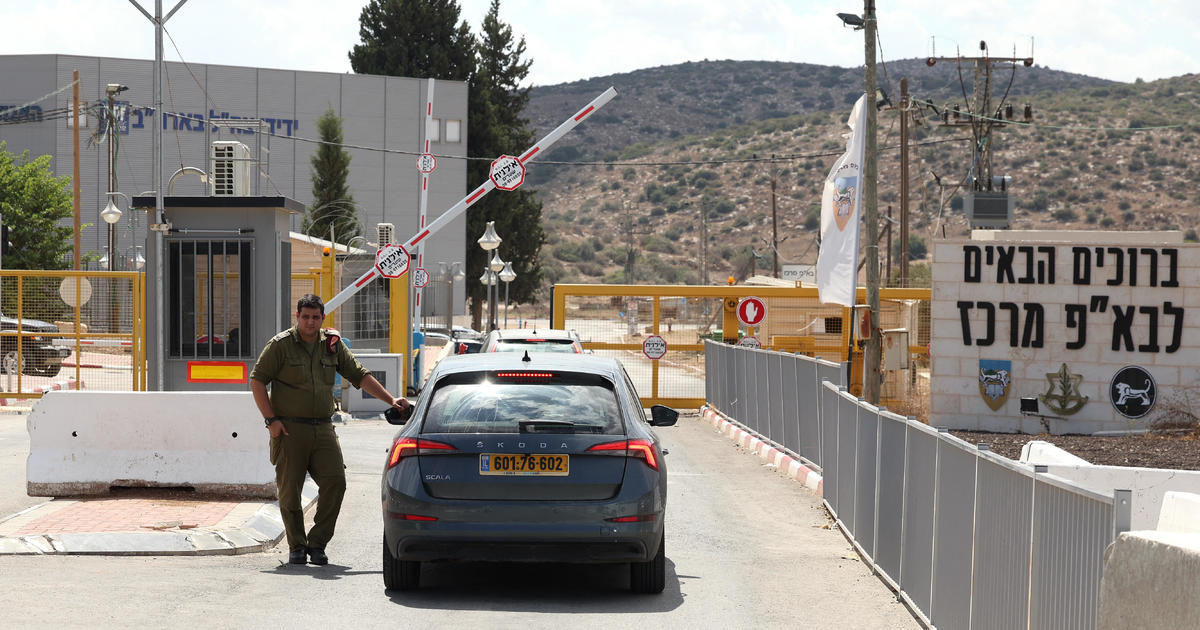Israel recently announced the arrest of seven Israeli citizens for allegedly spying for Iran. This significant development highlights the ongoing intelligence war between Israel and Iran, and underscores the potential threat of internal espionage. The arrests, made by Israeli police and the internal security agency, expose a network operating for at least two years, allegedly gathering crucial information about Israel’s military and energy infrastructure. The case involves substantial financial transactions and highlights the use of cryptocurrency in illicit activities, underlining the complexities of modern espionage. The potential consequences of this alleged espionage are significant, posing a considerable threat to national security. The scale of the operation, coupled with other recent high-profile arrests, paints a picture of Iran’s continued attempts to infiltrate Israel. This instance underscores the urgent need for stronger counter-intelligence measures and emphasizes the challenges Israel faces in safeguarding its national security from internal and external threats.
The Espionage Network’s Activities
Reconnaissance and Data Collection
The seven arrested individuals, all reportedly residing in Haifa and other northern Israeli regions, allegedly undertook extensive reconnaissance missions across Israel. Their targets included critical infrastructure, specifically focusing on military bases of the Israel Defense Forces (IDF), such as air force and navy installations, and key strategic sites. The group also documented ports and locations of the Iron Dome missile defense system. Critically, they are alleged to have focused on energy infrastructure, including major power plants, such as the Hadera power plant. These targets indicate an attempt to acquire information crucial for potential attacks or sabotage. The group’s methodical approach demonstrates careful planning and a thorough understanding of Israel’s security infrastructure. They meticulously documented their findings, suggesting a highly organized and systematic approach to intelligence gathering, furthering the gravity of their actions.
Financial Transactions and Communication
The operation involved significant financial transactions, allegedly with payments in the hundreds of thousands of dollars. This highlights the scale of Iranian investment in this alleged spy network and emphasizes the resources Iran invests in covert operations. The method of payment is also notable – the use of cryptocurrency – revealing a modern approach to facilitating secret financial transactions, and minimizing the risks associated with traceable banking methods. This indicates sophistication and awareness of financial security measures on behalf of the operators, creating difficulties for investigation and tracking. The use of cryptocurrency added a layer of difficulty for investigators seeking to track the funds, potentially pointing to significant expertise and planning on the part of those directing the operation.
Iranian Agents and Israeli Counter-Intelligence
The Role of “Alkhan and Orkhan”
Israeli authorities identified two Iranian agents, codenamed “Alkhan” and “Orkhan,” as the alleged handlers of the spy network. This designation shows that Iran’s involvement was more than mere opportunistic recruitment and implies a well-organized clandestine operation. These agents likely played a crucial role in coordinating activities, disseminating instructions, and overseeing the network’s intelligence-gathering efforts. The codename use, indicative of secure communication practices within the Iranian intelligence system, confirms that the operation wasn’t just the work of a handful of isolated individuals but represented a structured effort.
The Significance of the Arrests
The arrests of the seven Israelis highlight the successful counter-intelligence efforts of Israeli security agencies. The dismantling of this network signifies a major blow to Iranian intelligence operations within Israel. It suggests robust internal surveillance and proactive measures to identify and disrupt espionage networks before significant damage can occur. The successful apprehension of the group indicates Israel’s capability to thwart attempts to undermine its national security. While the network’s potential success was limited, its existence itself underscores the ongoing threat and the vigilance necessary to counter such activity.
Wider Geopolitical Context
Iran’s Regional Influence
The alleged spying operation forms part of the wider geopolitical context of Iran’s regional activities and its conflicts with Israel. These acts fall under the umbrella of broader ongoing conflicts, such as the ongoing conflicts with Hamas in Gaza and Hezbollah in Lebanon. It strengthens concerns about Iran’s attempts to destabilize the region and undermine the security of its adversaries. This arrest exemplifies Iran’s active involvement in covert operations intended to weaken Israel from within, highlighting a multifaceted campaign extending beyond military confrontations.
Other Recent Incidents
The arrests come amidst increased tensions between Iran and Israel, and shortly after Israeli authorities announced the arrest of an Israeli citizen suspected of plotting the assassination of top Israeli officials. This exemplifies the interconnected nature of regional threats. The coinciding arrest reflects the level of activity Iran is engaging in, with possible attempts to undermine Israeli stability across several strategic levels of its national security apparatus. These multiple recent arrests show Iran’s ongoing and concerted efforts to weaken Israeli security through intelligence operations, emphasizing the continuous need for security readiness.
Take Away Points:
- The arrests demonstrate Iran’s ongoing attempts to gather intelligence on Israel’s critical infrastructure and military assets.
- The case highlights the sophistication of Iranian intelligence operations, including the use of cryptocurrency for financial transactions.
- Israel’s successful dismantling of the network underscores the effectiveness of its counter-intelligence capabilities.
- The incident contributes to the existing tensions between Israel and Iran, emphasizing the complexities of the ongoing geopolitical conflicts in the region.
- The arrest further indicates Iran’s persistent commitment to destabilizing Israel through diverse avenues.




